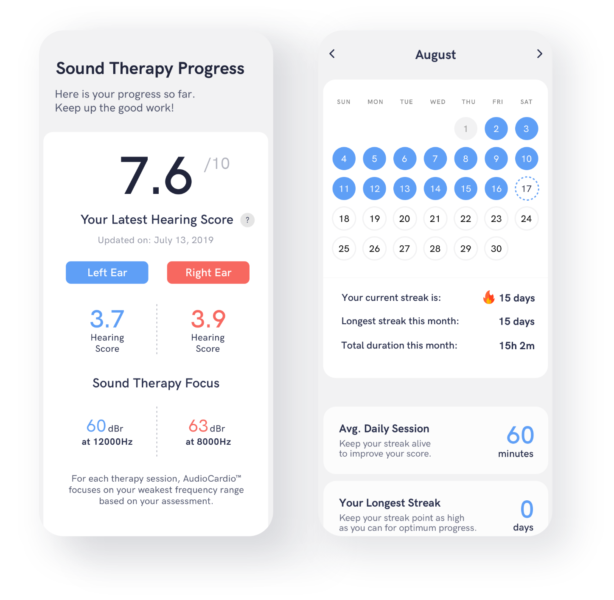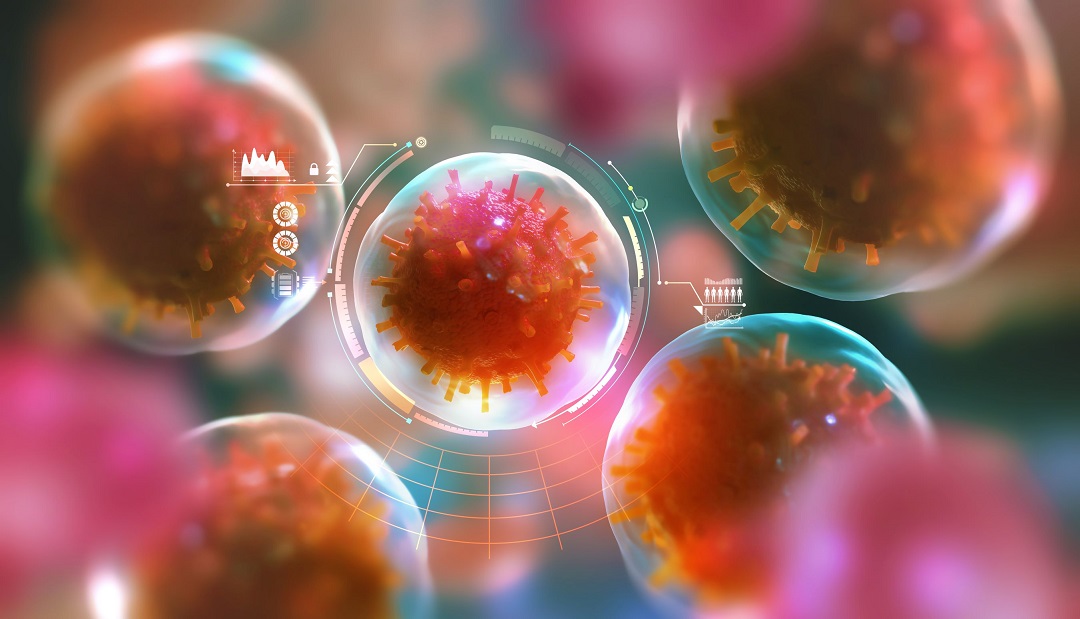Experts believe that in the first ten months of the Covid-19 pandemic, the biopharmaceutical industry accelerated its transformation so much that it has achieved more now than it has in the last decade. This sense of scale and pace has enabled worldwide governments to rollout several safe and effective vaccines in less than a year, compared to its usual eight to ten-year timeframes, making a significant impact on global communities.
According to McKinsey research, 70% of Americans now have a more positive view of the biopharma industry due to this response[1]. In addition, a worldwide survey from Imperial College London’s Institute of Global Health Innovation reported that two-thirds of the 470,000 citizens who participated stated they had strong or moderate trust in vaccines, with only 12% saying they did not.[2]
As trust in scientific advancement grows, the biotech industry is evolving at lightning speed. In China, the Hong Kong and Shanghai stock exchange soared to $217 billion as of December 2020, from $12 billion in 20171. Yet even though Europe has great strength in knowledge, they are still outpaced when it comes to patented medicines. For example, the US delivers three times as many patents compared to Europe, while China produces approximately nine times more[3]. However, the UK has made great strides to combat this and is now leading the way in patented therapeutic research for the central nervous system, metabolic diseases and ophthalmology3.
The role of biotherapeutics and scientific technology
Since the late 1920s when penicillin – the first antibiotic – was discovered, modern medicine has evolved in major ways. A new generation of innovative medicines, known as biotherapeutics, have become significant to the treatment of many chronic diseases, including cancer, diabetes, rheumatoid arthritis and other non-communicable conditions. Produced from living organisms, biotherapeutics can target specific molecules within the human body to treat chronic conditions and are modified to ensure they function as intended. Yet since these compounds are much larger in both size and structure, they require an intricate and highly sophisticated manufacturing and production process to ensure their efficacy, quality and safety before they can be used in patient treatment.
In 2014, Cancer Research UK funded a research scheme into biotherapeutics as part of its Therapeutic Discovery Programme Award, allowing up to £2.5 million for UK scientists to unlock the potential behind these innovative treatments[4]. Just a few years later in 2017, the US National Institutes of Health funded a study that showed how painless, dissolvable microneedles through a bandage strip can produce an effective immune response as part of the influenza vaccine[5]. While in 2019, a California-based biopharma company confirmed that it could detect early-stage cancer through a single blood test, with a 99% specificity rate for 12 cancers5. And, by the end of 2019, more than 1,000 clinical trials were in progress worldwide to understand how biotherapeutics could not only help cancer, but also musculoskeletal disorders and neurogenerative diseases5.
Looking to the future with microbiome modulation technology
As we learn more about the role of biotherapeutics and the part they play in treating chronic diseases, science around the microbiome is also evolving rapidly. To prevent these developing into life limiting or debilitating conditions in later life, microbiome modulators that focus on diversifying the bacteria found in the human gut to promote overall health and wellbeing are likely to play a much bigger role in the future. As a market leader in microbiome modulation technology, OptiBiotix Health (‘OptiBiotix’) is at the cutting edge of the biotechnology industry. The life sciences company specialises in producing science-backed compounds for use in food, dietary supplements and pharmaceuticals to help prevent and manage human metabolic diseases, such as obesity, cardiovascular disease and diabetes.
OptiBiotix has used development patented techniques more commonly associated with pharma to screen 4,000 strains of bacteria to identify a unique strain of Lactobacillus plantarum, subsequently trademarked as LPLDL®. A number of clinical studies have shown that LPLDL reduces total cholesterol by just under 40%, and LDL (bad) cholesterol by just under 30%. LPLDL has FDA GRAS, GMP pharma certification, as well as a known mechanism of action, reflecting its pharmaceutical style of development.
The company has also developed a reverse enzyme platform technology that allows it to create targeted prebiotics for specific microbial genera, species, and strains. These microbiome modulators selectively enhance the growth rate of specific microbial species creating the potential to precision engineer the gut microbiome to improve health. Given the microbiome is seen by many as the future of healthcare, this is a new and evolving area of microbiome science that has the potential to impact healthcare around the world. In fact, the more we learn about the relationship between microbial genera or species in the microbiome and health conditions such as cancer, autism, stress, etc, the greater the value of this technology becomes.
For instance, the ability to develop ‘designer prebiotics’, which can modify both the microbiome’s composition and its function, creates the potential for designer ingredients or supplements that can modify an individual’s current microbiome to improve health and the potential for precision microbiome medicine. As such, this is an area of growing scientific and commercial interest with increasing evidence that the microbiome plays an important role in how the body metabolises pharmaceutical products, influencing their effectiveness and the potential for adverse reactions.
These thoughts are echoed by Stephen O’Hara, CEO of OptiBiotix: “The ability to create designer ingredients that can modify an individual’s microbiome to improve health, subsequently places OptiBiotix at the forefront of global microbiome research and product development. This is where we feel we can make the most impact as a market leader in microbiome modulation technology.”
When asked about the future of biotherapeutics, O’Hara continued: “I believe we are fast approaching the next stage in the development of the microbiome in healthcare, where scientists will have the ability to precision engineer components of the microbiome to prevent, manage, and treat many of today’s chronic lifestyle diseases.”
What’s next for biotherapeutics?
Biotechnology companies like OptiBiotix are carving out a bright future for biotherapeutics. As Deloitte reports, in 20 years patients are much more likely to be treated with personalised therapies based on their genomics, metabolome, microbiome and other clinical information, rather than taking prescriptive medication for a broad number of symptoms5. So, instead of simply diagnosing patients based on their symptoms, modern science will be able to pinpoint the cause and effects through accurate diagnostics to categorise the disease and determine the most effective therapeutic treatment. Manufacturing will also be on a much smaller scale with bespoke treatments developed for individual patients at the point of diagnosis, as part of a just-in-time systematic approach. Perhaps this is why biotherapeutics are such an emerging area of science – and they may just help to prevent and solve the most complex human diseases of today and tomorrow.
References
1 Gaurav A et al, McKinsey & Company, “Biopharma 2020: A landmark year and a reset for the future”, January 2021
- Justine Alford, Imperial College London, “Confidence in coronavirus vaccines is rising globally, survey suggests”, February 2021
- Franck Le Deu and Jorge Santos De Silva, McKinsey & Company, “Biotech in Europe: A strong foundation for growth and innovation”, August 2019
- Cancer Research UK, Therapeutic Discovery Programme Award, October 2014
- Deloitte, The Future of Biopharma: Reimagining traditional business models in 2040, March 2020
[1] Gaurav A et al, McKinsey & Company, “Biopharma 2020: A landmark year and a reset for the future”, January 2021
[2] Justine Alford, Imperial College London, “Confidence in coronavirus vaccines is rising globally, survey suggests”, February 2021
[3] Franck Le Deu and Jorge Santos De Silva, McKinsey & Company, “Biotech in Europe: A strong foundation for growth and innovation”, August 2019
[4] Cancer Research UK, Therapeutic Discovery Programme Award, October 2014
[5] Deloitte, The Future of Biopharma: Reimagining traditional business models in 2040, March 2020












Read our latest issue
Latest News
His Majesty The King becomes new Patron of RPS
New report highlights collaboration to enhance workforce wellbeing
incognito launch sustainable bracelet that repels insects
Lutein and zeaxanthin contribute to children’s eye and brain health
Latest Tweets